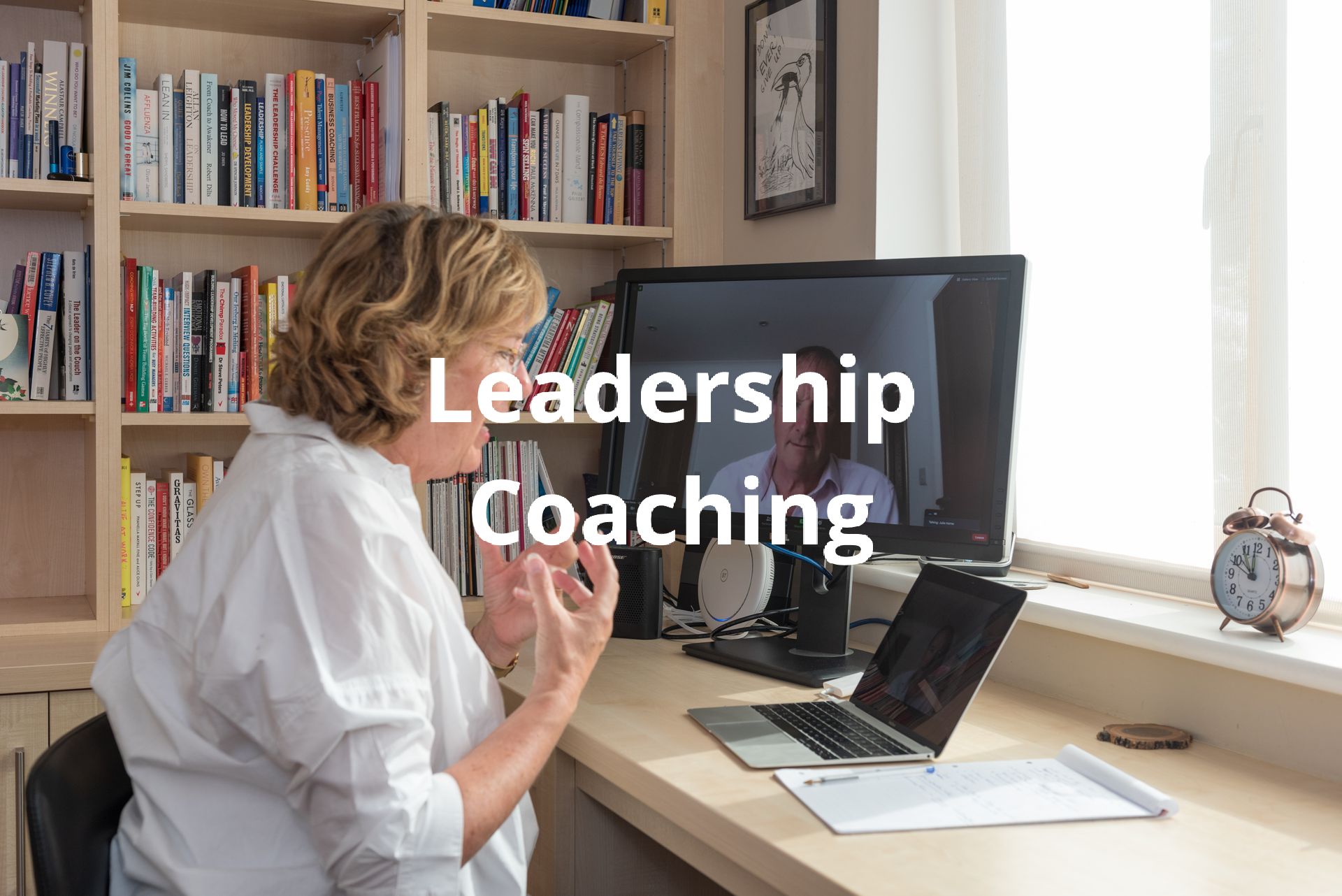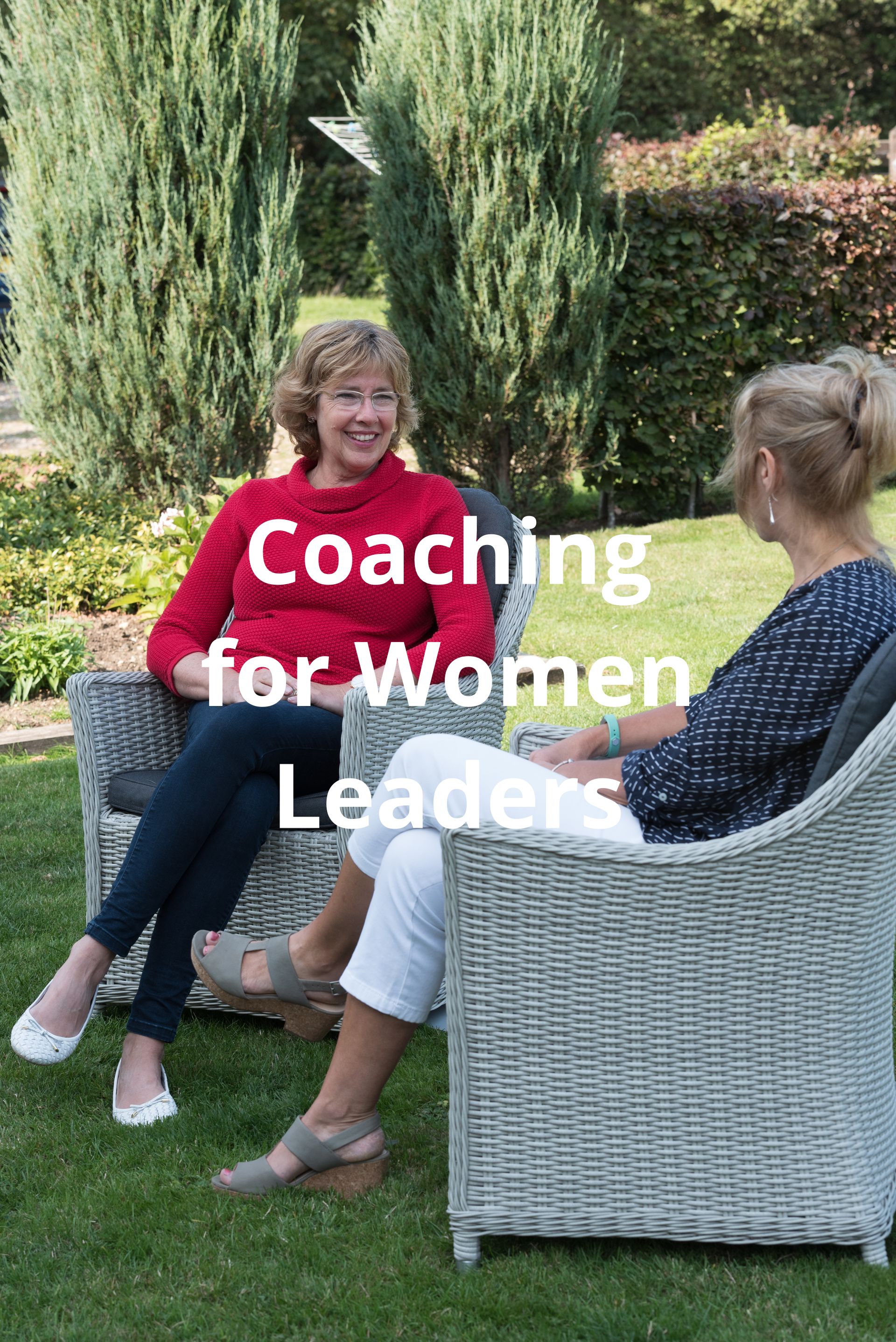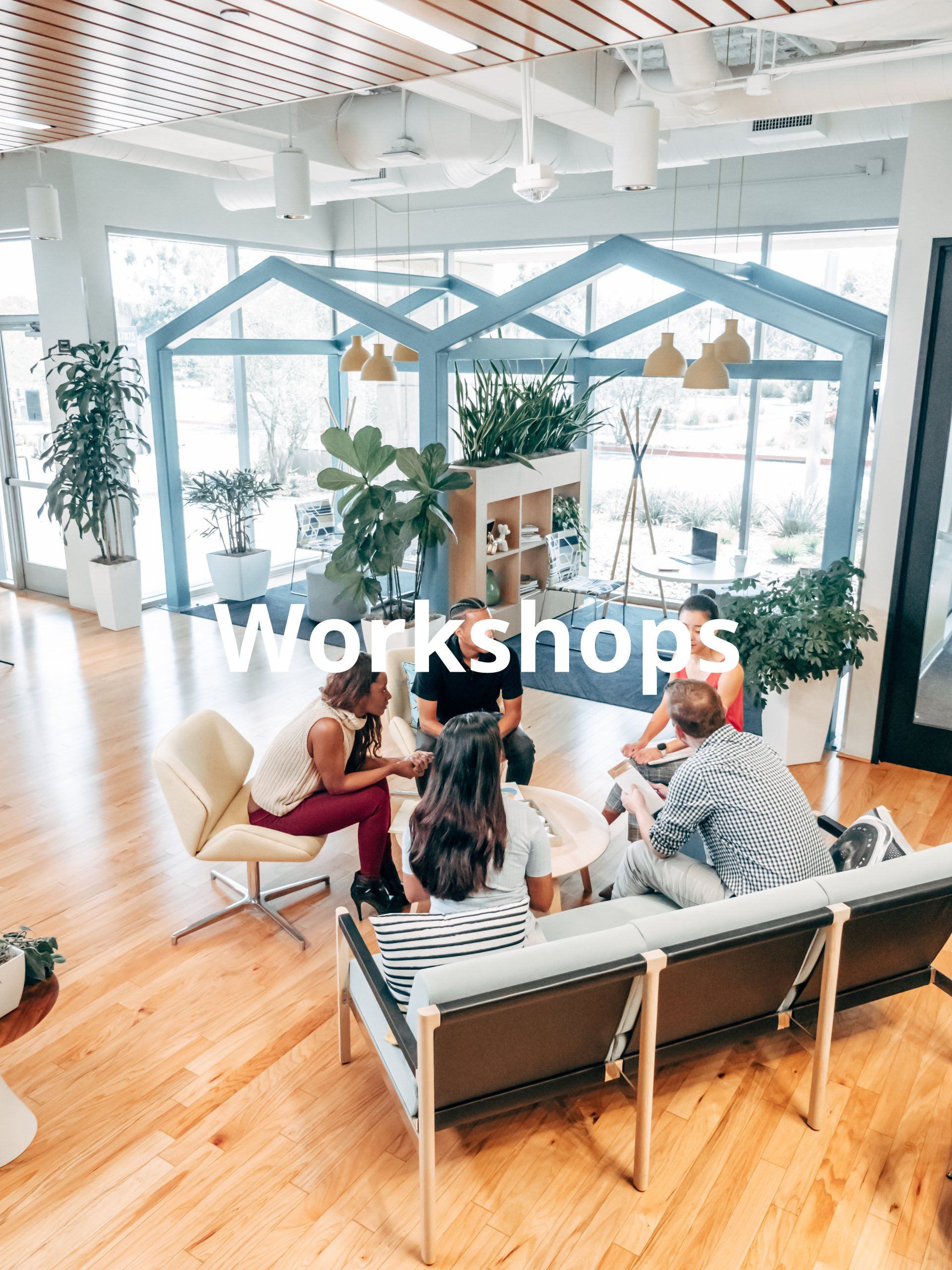Become the leader you want to be, and enjoy it!
About Me
Hi, I'm Julie Horne
and I coach and support senior leaders and research professionals who are transitioning to senior leadership roles. I'm based in Cambridge UK, and have clients I coach online all over the world, as well as more local clients in Cambridge and London who I can see in person.
I have over 16 years experience and I'm honoured to hold the highest level Master Coach accreditation from the International Coaching Federation.
Through my coaching, I've been fortunate enough to see amazing transformations in my clients with the results they have achieved. You can read more about me, and request case studies illustrating my coaching process using the button below.
Let’s Talk
Do you want to develop your leadership confidence, executive presence, empathy, communication, or strategic thinking, but don't know where to get help? I'm here to design and support you through a development process that will boost your skills and confidence to be the leader you want to be.
Don't wait another moment. The time is now. The person is you. Take the leap and start thriving as a leader.
Contact Us
Testimonials
Blog











